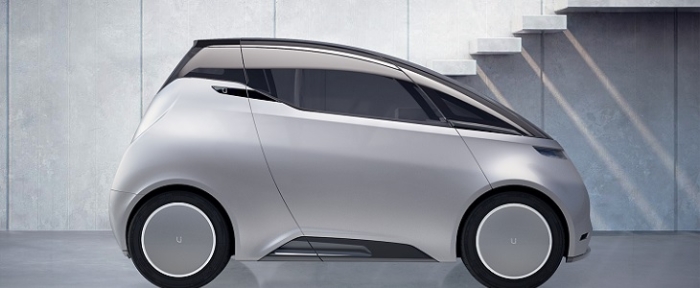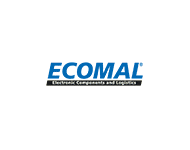
© Uniti (illustration purpose only)
Analysis |
Faster charging is growth driver for electric vehicles
The global electric vehicle battery market is set to grow at a CAGR of 41.95 percent during the period 2017-2021, writes market researcher TechNavio. One trend in the market is faster charging of electric vehicles.
Numerous countries are introducing stringent emission norms to lower global warming. The increasing efforts to minimise the negative effects of global warming and reduce GHG emissions are put in place by the governments around the world. Moreover, many countries are providing various incentives and tax benefits to increase the use of green vehicles such as HEVs and EVs. Most of the top vehicle market regions offer incentives and subsidies to attract manufacturers to produce more hybrids and EVs locally. This rise in initiatives to promote the sales of HEVs and EVs will drive the growth of the electric vehicle battery market. Technavio’s market research analysts predict that this market will grow at a CAGR of close to 42% in terms of units by 2021.
According to the report, one driver in the market is the price decline of electric vehicle batteries. The major cost-consuming factor of EVs is the battery. If the cost of EV batteries could be brought down, then the total cost of the vehicle would see a significant decline. This would lead to a shift of the global EV market toward mainstream automotive business. It is estimated that an EV battery can be produced at $150/kWh or even lesser, which would be cost-competitive to gasoline-powered vehicles. Tesla Model S 90D can cover 270 miles on its 85kWh battery. The cost of EV batteries has dropped significantly since 2010.
Further, one challenge in the market is increasing global power crisis. As the global hybrid and EV markets are growing, it is creating a proportional demand for high power. Most of the developing and underdeveloped countries cannot afford to have high sales of EVs because of the scarcity of power. This is a challenge for the global EV batteries market. The EVs in Europe represent almost 25 percent of the vehicles on the road, which minimises the consumption of approximately 13 million barrels per day of crude oil. However, it consumes electricity that equals 11 percent of the global power demand.
The EV battery market currently has only a limited number of players, such as Samsung SDI, BYD Company, LG Chem, A123 Systems or Panasonic Automotive and Industrial systems. The players with the ability to produce fast-charging, long-lasting, and cost-effective EV batteries will sustain in the market for a longer period, writes the market researcher. New automotive battery manufacturers are likely to enter the EV battery market during the forecast period. Other prominent vendors in the market are Bosch, Hitachi Automotive Systems, Johnson Controls, E-one Moli Energy, Tianneng Power International, Tesla Motors, Contemporary Amperex Technology, Automotive Energy Supply Corporation, Mitsubishi/GS Yuasa, and Wanxiang.
During 2016, the HEVs segment accounted for the major shares of the electric vehicle battery market. Factors such as the availability of economic incentives and affordability rates of the mild HEVs will contribute to the growth of the hybrid electric vehicles battery market in the coming years.
This market study also estimates that in terms of geographic regions, APAC will be the major revenue contributor to the electric vehicle battery market throughout the forecast period. The increasing sales of EV batteries in China, Korea, and Japan and availability of subsidies and incentive packages to promote green vehicles by the Chinese government will drive the growth of this market in the region.






